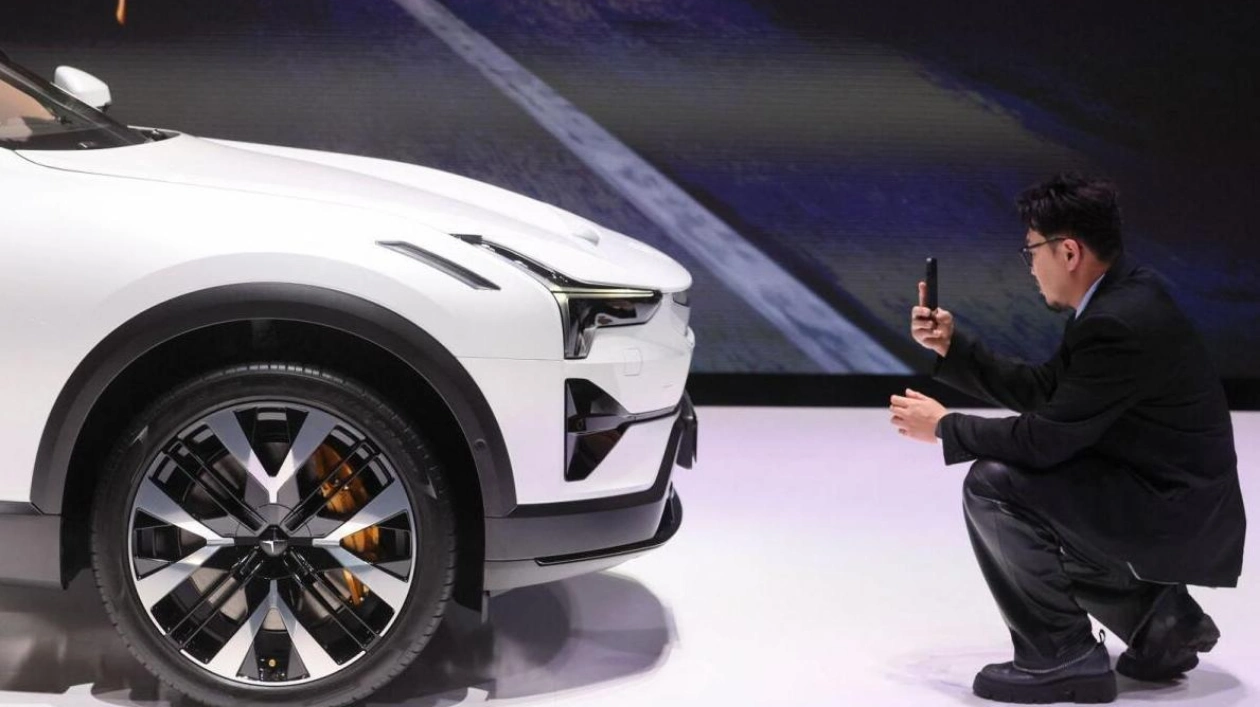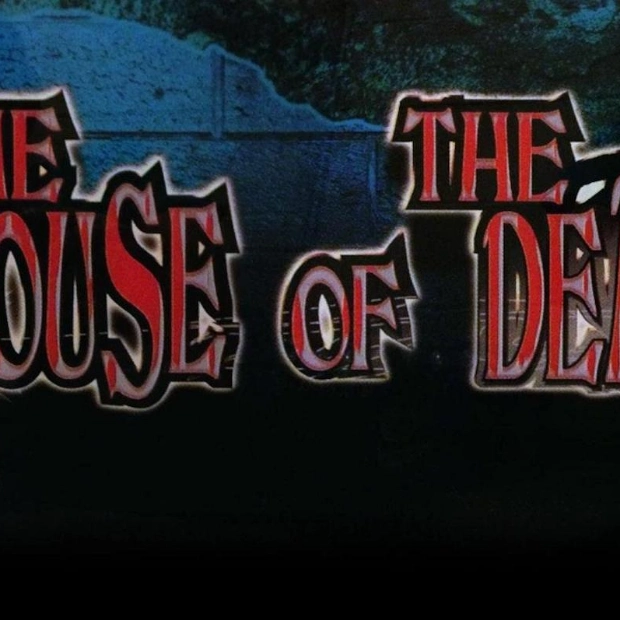Swedish electric-vehicle (EV) manufacturer Polestar took another step towards sidestepping significant tariffs on Chinese-made cars on Wednesday, announcing the commencement of production for its Polestar 3 SUV in the United States. The recent imposition of steep tariffs by the US and Europe on cars produced in China has spurred numerous automakers to accelerate their plans to relocate parts of their production to other countries. Polestar, which is majority-owned by China's Geely, has traditionally manufactured its vehicles in China and exported them to international markets. The Polestar 3, now being produced at Volvo's South Carolina plant, will be marketed to customers in both the US and Europe.
"Considering the substantial volume of Polestar 3 that we will produce, the majority will indeed be rolling out from our South Carolina factory," stated chief executive Thomas Ingenlath on Tuesday. He anticipated that the plant's production would reach its full capacity within two months, though he refrained from revealing Polestar's production capacity at the facility. Deliveries to US customers are scheduled to commence next month, followed by those to Europe, Ingenlath added. According to estimates from Kelley Blue Book, Polestar sold 3,555 of its first battery-powered car, the Polestar 2 sedan, in the US during the first half of the year.
Polestar also has plans to construct its Polestar 4 SUV coupes at a South Korean plant operated by Renault Korea, in which Geely holds a partial ownership, in the latter half of 2024 for the European and US markets. Until then, US deliveries, set to begin later this year, will be subject to tariffs. The US and South Korea production strategies have been integral to Polestar's long-term plan to diversify its manufacturing locations. Additionally, Ingenlath mentioned that the company aims to collaborate with an automaker to produce its vehicles in Europe within the next three to five years, mirroring its current partnerships with Volvo and Renault.
The shift to US production coincides with the current economic climate where high interest rates aimed at combating inflation have dampened consumer demand for EVs, prompting companies like Tesla to reduce prices and implement job cuts and production delays. Moving forward, Polestar, which has already cut jobs earlier this year, will concentrate on lowering material and logistics costs and enhancing efficiency to control expenses and achieve cash flow break-even by 2025, according to Ingenlath.






